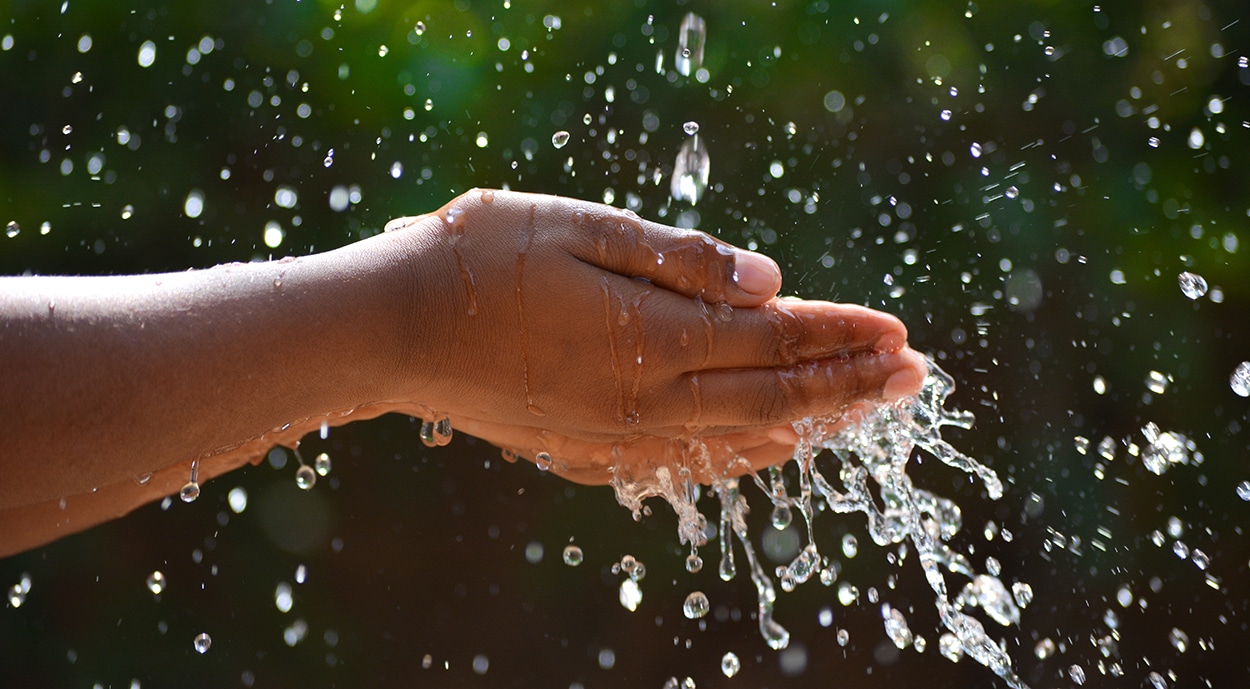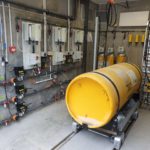Please keep washing your hands but…
In his April 2017 paper New Zealand’s fresh waters: Values, state, trends and human impacts Professor Sir Peter Gluckman, the Chief Science Advisor to the Prime Minister noted:
“Fresh water provides us with considerable natural advantage. It is abundant and supports our economy, our environment, our recreation, and our national identity. There are many values associated with fresh water for all New Zealanders, and particularly for Māori. Moreover, the state of our fresh water is the environmental issue of highest public concern.”

Of the allocated water in New Zealand, 81% is allocated to agricultural use, with nearly all of that being allocated to irrigation. In spite of New Zealand’s relatively high water stocks, there are places and times where water shortages occur and the water resource is over-allocated.
Back in 2017 Sir Peter said: “These supply limitations have been brought into sharp focus in Auckland, where a projected population increase of around 1 million in the next 30 years poses critical concerns for the future with respect to water supply infrastructure to match this growth.32 The city already relies on a take of 150,000 m3/day (1.73 m3/s) from the Waikato River to augment its reservoir supplies, and further consents are being sought by Watercare to increase this by 200,000 m3/day). “
Fast forward to May 2020, and guess what, nature has conspired to bring us the driest period without rain in Northland, Auckland, and Hawkes Bay, and Auckland’s Watercare Services Limited has no choice but to put water restrictions in place.
And this is not just a New Zealand issue as the attached article from McKinsey & Company outlines and there are some sobering thoughts in there, well worth a read by all businesses genuinely interested in water conservation. New Zealand already has some outstanding examples of those, but there is room for improvement. https://www.mckinsey.com/business-functions/sustainability/our-insights/water-a-human-and-business-priority
But for New Zealand, as with many other countries, it is not that we don’t get enough rain falling on our land, and in our case it isn’t that the rain all happens in one part of the country. It’s a lack of investment in long term storage solutions, in many cases where investment was available, short sighted objectors have held back development.
And don’t get me started on how it can possibly take 7 years to approve a consent for Watercare to take more water from the Waikato River before it returns to the ocean.
So I’d encourage you all, not to turn the tap on full every time you use it, not to fill the jug when all you need is two cups, only flush the toilet every second or third time- you know the routine!
For More Information
https://www.mckinsey.com/business-functions/sustainability/our-insights/water-a-human-and-business-priority


